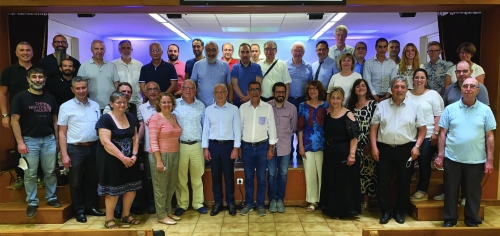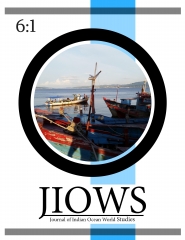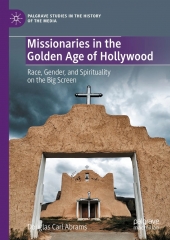 There are not that many authors who publish significant History books over a period of more than 25 years. Professor Douglas Carl Abrams is one of them.
There are not that many authors who publish significant History books over a period of more than 25 years. Professor Douglas Carl Abrams is one of them.
I remember having reviewed in 2001, for the "Archives des Sciences Sociales des Religions", a very good book released by this Historian of contemporary Evangelicalism in USA. It was Selling the Old-Time Religion. American Fundamentalists and Mass Culture, 1920-1940, Athens, University of Georgia Press, 2001 (link).
In this year 2023, this lover of France has released another very valuable piece of research related to the same fields (mass culture and US Evangelicalism). It is Missionaries in the Golden Age of Hollywood, Race, Gender, and Spirituality on the Big Screen (Springer, Palgrave MacMillan, 2023).
Congrats and thank you Douglas Carl Abrams.
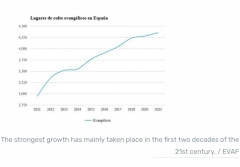
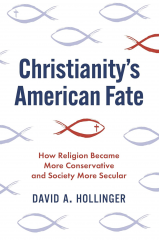
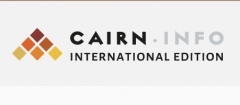
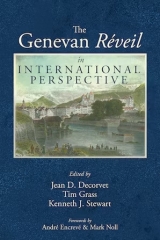
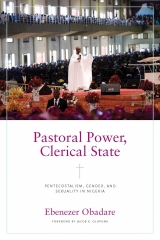
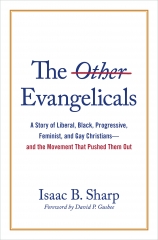
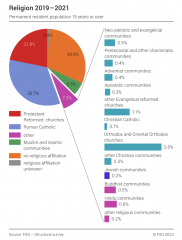
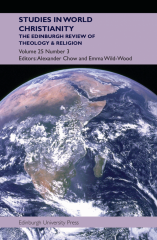
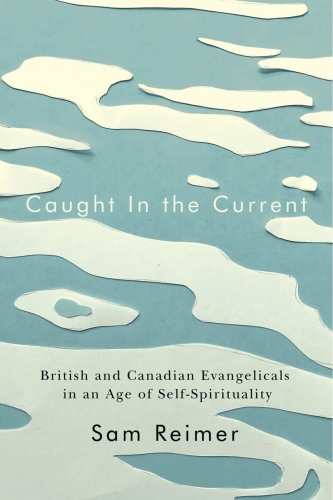
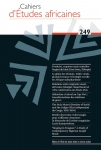
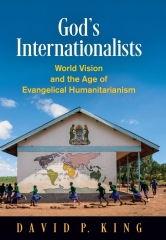
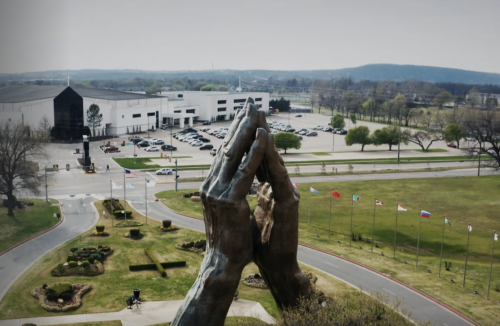
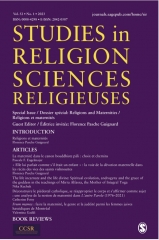 Evangelical Protestantism is often studied from the angle of proselytizing and conversion dynamics.
Evangelical Protestantism is often studied from the angle of proselytizing and conversion dynamics.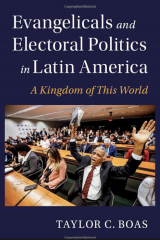
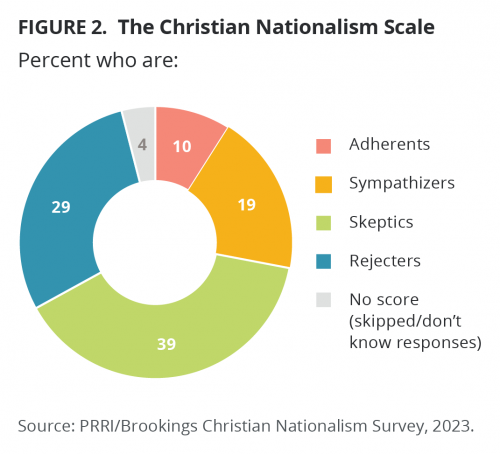
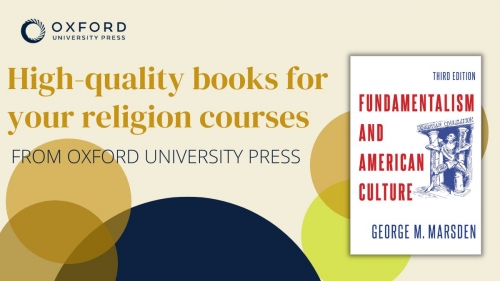
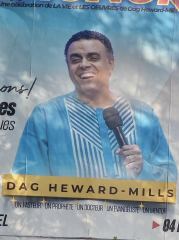
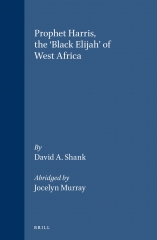
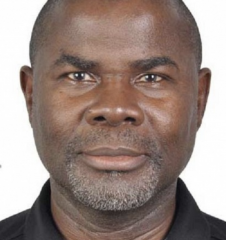

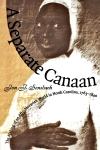
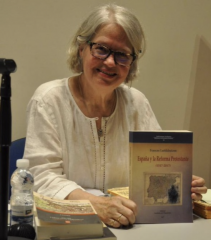
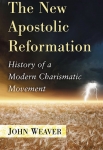
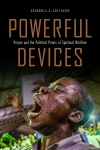
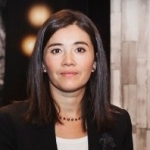
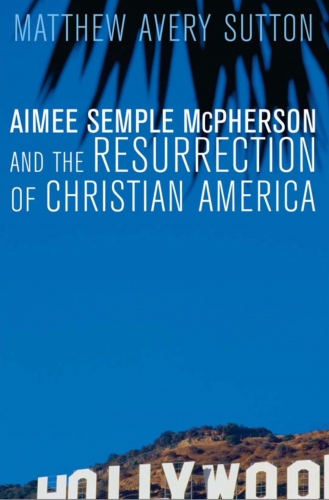 Within my current researches on Prosperity Gospel, I am in the process of reading
Within my current researches on Prosperity Gospel, I am in the process of reading 